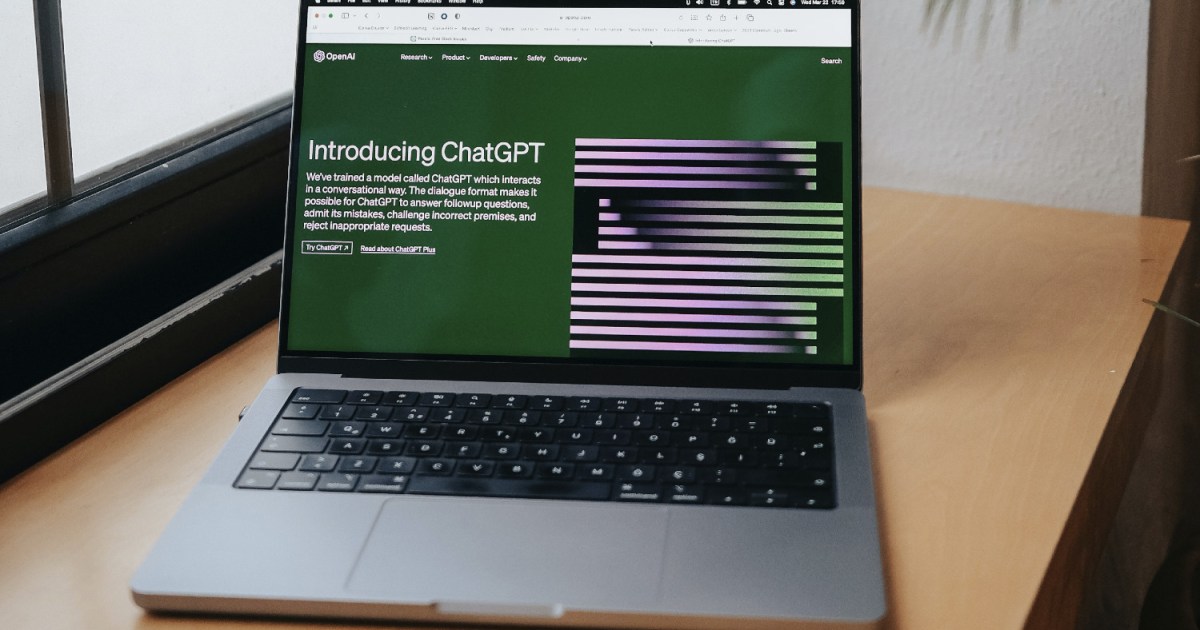Orbit
I'm a planet
My university started today, and this was brought to my attention by one of the IT people. A professor at Texas A&M University failed his students because he pasted their final essays into ChatGPT and asked it if it had written them. Of course ChatGPT said yes (which was incorrect, that's not how ChatGPT works), so he failed the class.

 www.digitaltrends.com
www.digitaltrends.com
This got me thinking about AI and education in general. Just this semester, we put verbiage related to AI in our Academic Integrity Policy on our syllabus template, but the reality is, students can choose to cheat and most of the time, we won't catch them. Can they cheat their way through an entire college education? Should we just do online classes where the AI professor and the AI students talk to each other? What does AI mean for university education?

Professor falsely fails entire class for ChatGPT plagiarism | Digital Trends
A college professor not familiar with how the AI chatbot ChatGPT works fails an entire class after accusing them of AI plagiarism.
This got me thinking about AI and education in general. Just this semester, we put verbiage related to AI in our Academic Integrity Policy on our syllabus template, but the reality is, students can choose to cheat and most of the time, we won't catch them. Can they cheat their way through an entire college education? Should we just do online classes where the AI professor and the AI students talk to each other? What does AI mean for university education?

